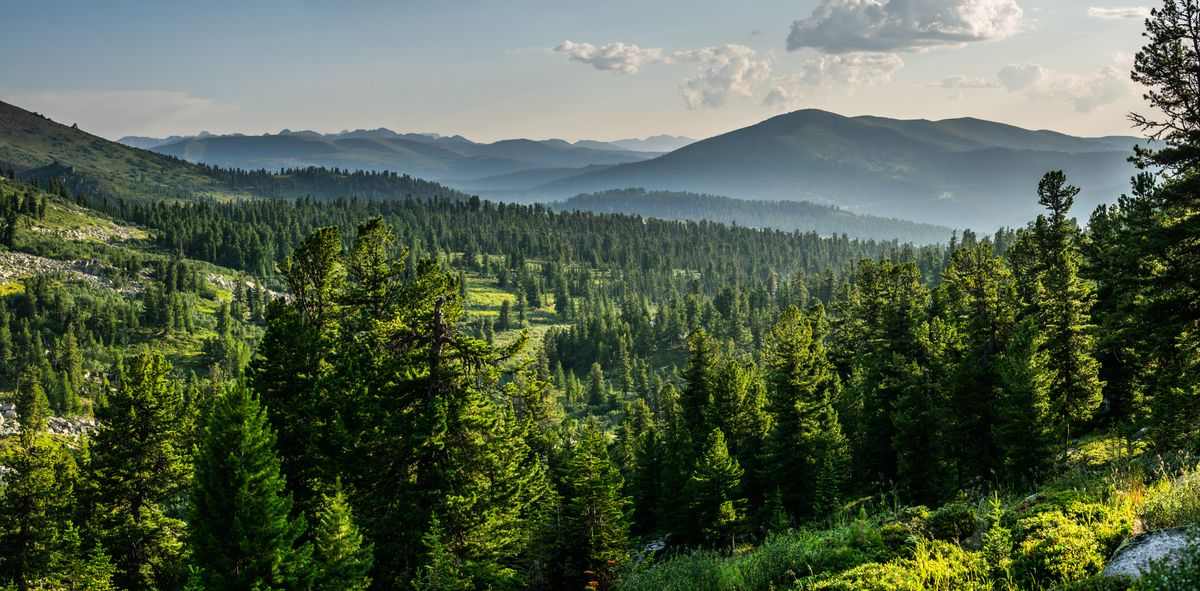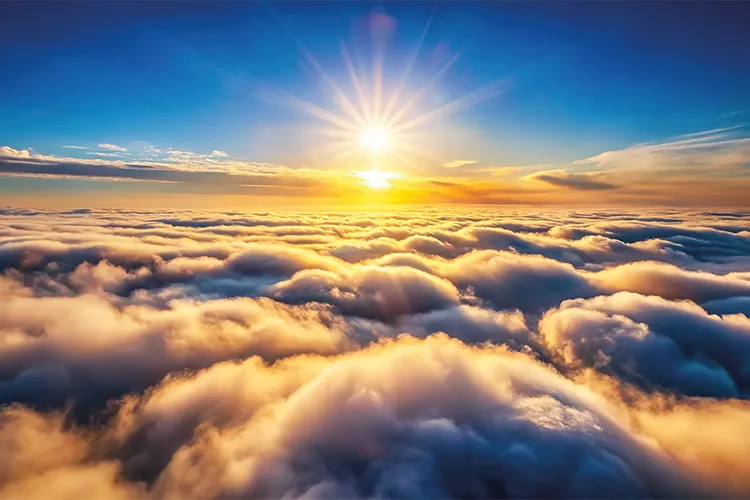
Northern Hemisphere countries such as Russia are set to become more suitable for growing crops as climate change progresses. Marco Magrini considers the consequences
Climatewatch
In 2021, global hunger levels surpassed the record set in 2020. This year, with the help of the war in Ukraine, they’re projected to worsen again. According to the UN, food insecurity may linger for some time. It turns out that the world, already dependent on Russian oil and gas, is also dependent on Russian wheat and barley.
While this is an obvious outcome of globalisation and of its tight economic inter-relations, the circumstances may turn paradoxical in the future. Our collective addiction to fossil fuels has warmed the planet to a dangerous level, yet there are no signs of the ‘immediate and deep emission cuts’ called for by climatologists. This is going to represent a direct threat to food security, as higher temperatures are expected to shift crop production farther and farther northward. Canada, Alaska and Scandinavia may step into the farming business, but no country is set to gain more than Russia.
‘From 50 to 85 per cent of central Siberia is predicted to be climatically suitable for agriculture by the end of the century,’ reads a paper published last year by the Russian Academy of Sciences.
‘We found a significant and mostly positive influence of global climatic variables, such as the CO2 concentration, El Niño and La Niña events, on both harvests and yields,’ remarks a more recent study by the Siberian Federal University. We usually associate Siberia with tundra and frozen soil. Someday, however, a big part of that huge expanse of 13 million square kilometres will likely turn into farmable, profitable land.
MORE CLIMATEWATCH COLUMNS FROM MARCO…

Until now, only Siberia’s southernmost stretches along the Mongolian and Chinese borders have been appropriate for farming. In recent years, however, permafrost has started to thaw, the vegetative landscape has begun to shift and this summer confirmed that raging wildfires are the new normal. According to Roshydromet, the Russian environmental agency, Siberia is warming about 2.5 times faster than the global average. The displacement of global agriculture by man-made heating was predicted for 2080. It could happen much sooner.
It’s a dreadful prospect to say the least. While this projection implies the mass migration of people seeking to escape from hellish temperatures, the great Siberian thaw would release huge amounts of CO2 and methane now frozen underground, thus dramatically exacerbating the climate crisis. And that’s something that no country wants. Not even Russia.







